North-east police chiefs have defended a controversial new approach to tackling crime, which will leave some incidents going without investigation.
Police are piloting a new policy in dealing with reports of incidents.
The project. exclusive to the north-east, will run for 12 weeks before it is potentially rolled out across the country.
Under the scheme, calls will be taken by specially trained call handlers before it is decided if an officer is needed to carry out further investigation.
Some people who have called 101 to report a misdeed are now being told not to expect any visit from an officer.
Chief superintendent Graeme Mackie attended a council meeting the morning after the controversial policy hit the headlines – and found himself under interrogation.
Here, we have summed up the key questions the councillors – and the public – have about the scheme…
Why are police doing this?
The pilot has been introduced to give officers more time to respond to emergencies and deal with more serious crimes.
It comes after the cash-strapped north-east force lost dozens of officers amid a major savings spree.
The “new financial environment” meant “hard choices” had to be made.
But Mr Mackie stressed: “This is not about police not going to things.”
What was the previous system?
Those phoning 101 would speak to a call handler who noted details before allocating the incident a police officer.
But depending on the nature of the call, it could take up to 48 hours before an officer made any moves towards investigating it.
Emergencies and instances where there’s threat, risk, harm and vulnerability would get a far more immediate response. This will remain the same.
So what is the change?
Now, these specially trained call handlers might get back to callers to tell them the crime won’t be investigated at all.
But, in the process launched on August 28, there is also a second layer of checks.
The Aberdeen-based “crime management team” will review all reported crimes and carry out the same assessments.
If they feel a matter needs further investigation, a police officer will be assigned to the case.
“This is about getting people the right help when we are contacted and will enable us to spend more time tackling crimes,” Ch Supt Mackie explained.
Why is it happening here?
The north-east division has been using the new crime recording system for more than a year.
Because of this, officers feel familiar with it and have the “technical abilities” to use it.
However, the system is still be rolled out across other areas of Scotland.
But this new recording pilot isn’t exactly new to the north-east.
This approach to reporting crimes was originally used a few years ago when staff on the service centre and crime desk would look at reports and assess them in a similar way.
How many officers have been cut from Aberdeen?
This pilot comes as police budgets have been slashed across the country.
In the north-east alone, the number of officers has been cut with the force losing 39 posts since the end of March.
But Ch Supt Mackie explained that this loss has been spread across the region.
Going forward, officers working in the city will be supported by those in Aberdeenshire and Moray.
Mr Mackie told the chamber that there was a “real strong partnership” working in the north-east, particularly in Aberdeen.
He added: “As partners we discuss, we share and we look at ways of working together.
“Everything that we do, we need to do in collaboration because we need that wider support to one another and services have had an impact on one another as well.”
Why 12 weeks, and could it be longer?
The 12-week pilot was launched last Monday.
It will give Police Scotland enough time to assess whether the scheme should be rolled out elsewhere, be refined or removed altogether.
“We need to look at new ways of doing things to make sure that our resources are directed to the most pressing needs facing police just now,” Mr Mackie said.
Councillor Neil Copland asked if the trial period would be enough, to which Mr Mackie responded: “It might not be, we’ll find out.
“If we believe it needs to be extended it may well be beyond that 12 weeks before it would roll out elsewhere.”
However a rolling review is currently under way and the pilot could be stopped before the end of the allocated time.
Does having ‘bobbies on the beat’ make a difference?
Councillor Mrs Jennifer Stewart told Mr Mackie that her constituents are worried about the lack of a police presence on the city’s streets.
But, she was told that the “greatest harms” often occur behind closed doors.
These risks include fraud, online offending and domestic abuse.
Mr Mackie stressed that these issues can’t be prevented by patrolling.
“There’s an absolute balance that needs to be struck round about officers on patrol…
“There also needs to be an understanding that often the greatest risks to our society are happening behind closed doors, and we need to look at other ways of policing that.”
Could the pilot trial have any risks?
Police Scotland hope that the new crime reporting project won’t “erode” public confidence in the force.
Mr Mackie said: “The risk for me is making sure that our communities understand what this is about and that we’re not going to cause risk to vulnerable people.
“This is low risk matters we are speaking about, not incidents of violence or incidents where children are being harmed.”
But councillor Sandra Macdonald raised concerns that members of the public may stop calling the police as they could think it will be a waste of time.
She stated: “I’m concerned that there is a risk that we’re on a bit of a slippery slope to a service decline.
“What I hear from communities is that they have stopped phoning the police quite often because of the lack of response even now.
“I wouldn’t like to be in a position in 12 weeks time where we find that there’s even less coming in because people out there think it’s just not worth it.”
A review of the pilot project is expected to come before the committee in January.
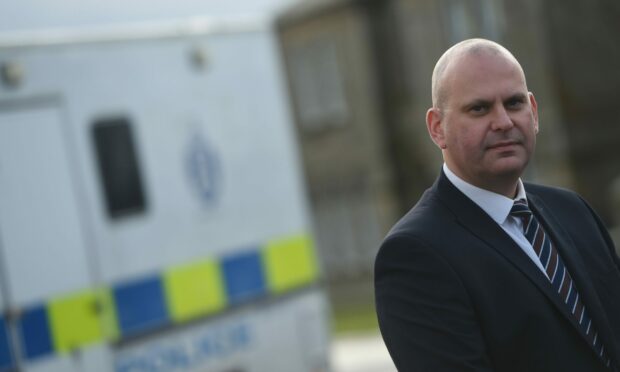
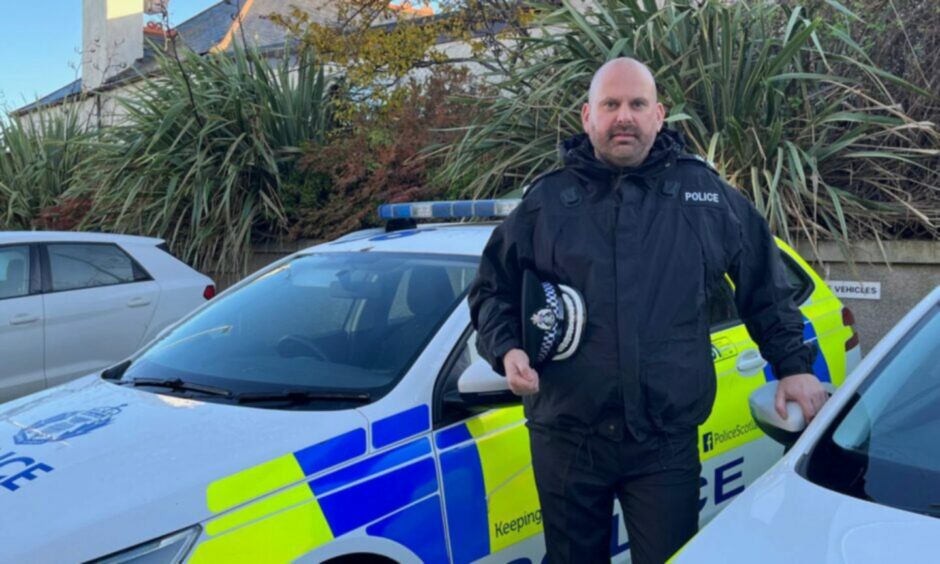
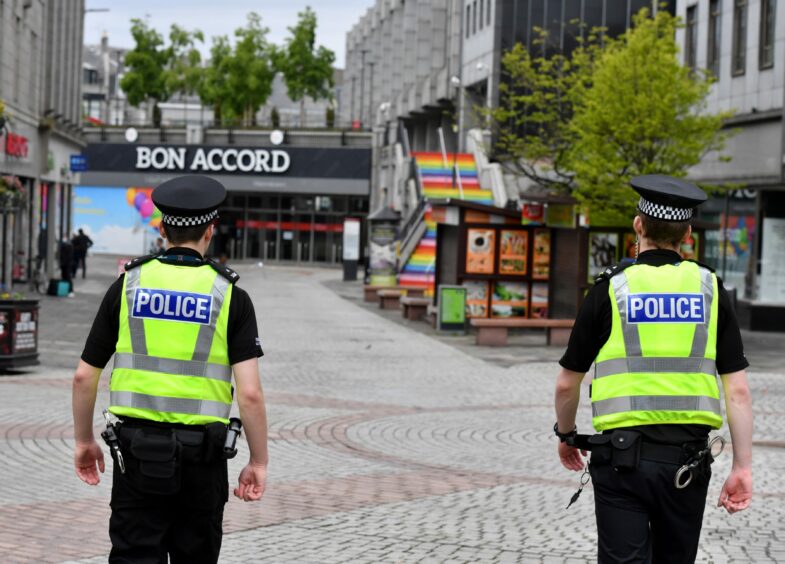
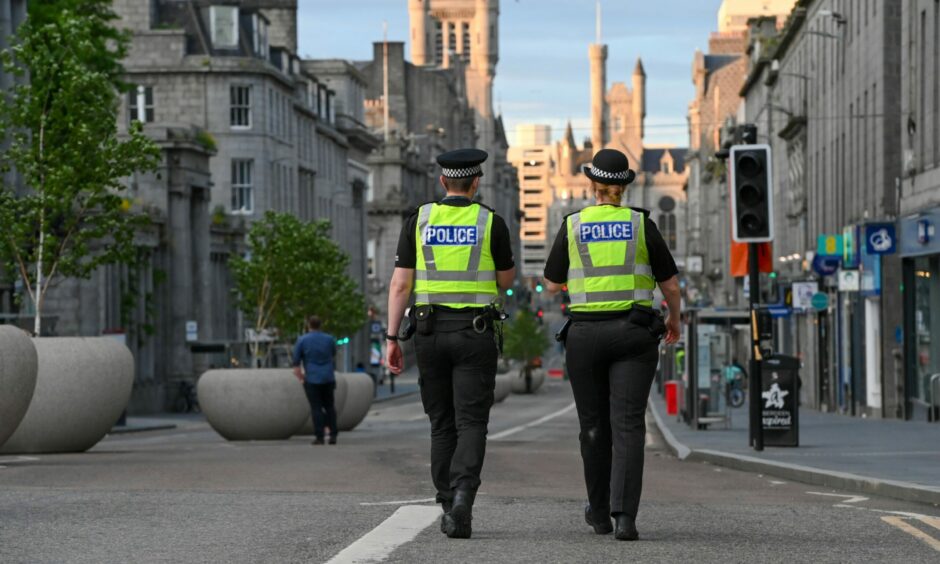
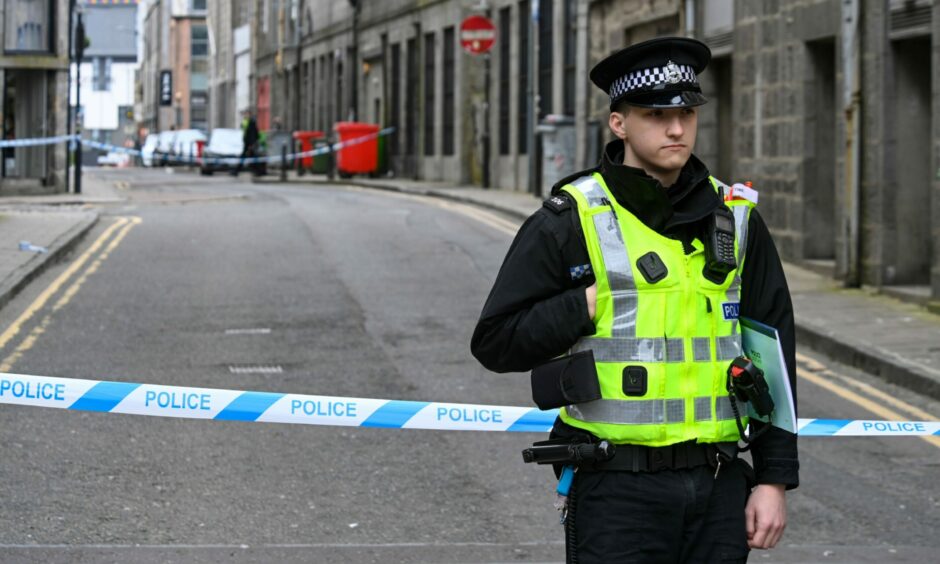
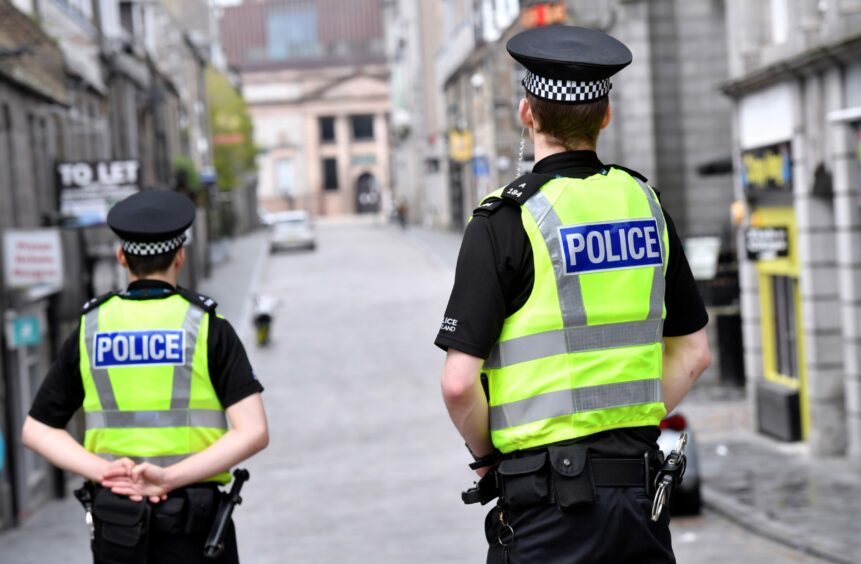
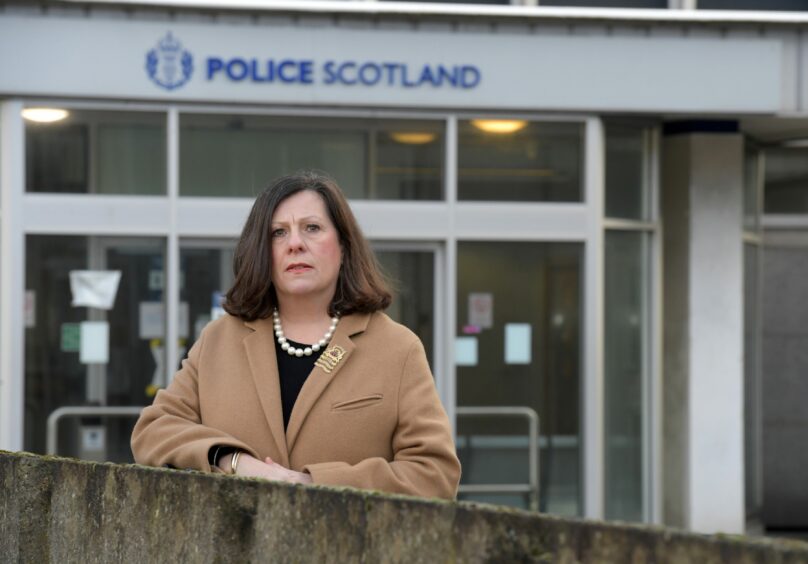
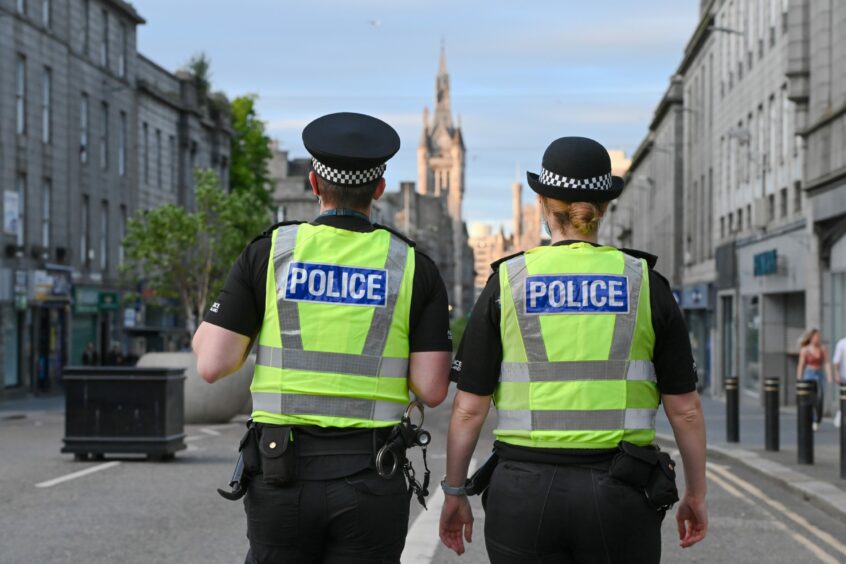
Conversation